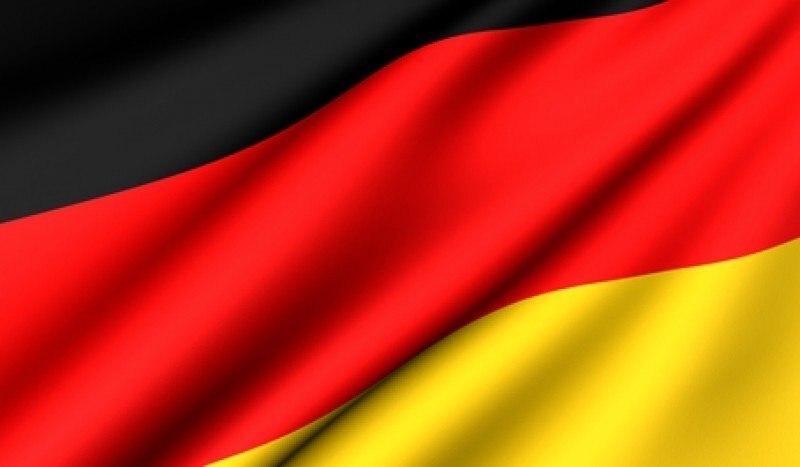At the end of the 20th century, the government of 4 states, Germany, Austria, Switzerland and Liechtenstein, decided to reform the German spelling and english to germany, which was to be completed in the summer of 2005. A year before, several publications in Germany announced a return to traditional spelling rules. In 1999, the authoritative German newspaper “Frankfurter Allgemeine Zeitung” switched to a new spelling, but a year later returned to the original version of the letter. In addition to this publication, the well-known political magazine Der Spiegel also refused to change the spelling. It is worth noting that the language began to change under the influence of borrowings from English and French, which happened due to the appearance of numerous foreign publications and the proclamation of English as the language of international communication.
According to many media outlets, the spelling reform did not improve, but complicated the situation with the language and english to germany. Many federal states began to misunderstand each other, because not all Germans were familiar with the new rules. Because of this confusion, an internal party struggle began in the country over whether people should be given the right to choose which spelling rules to adhere to. Thus, in 1998, a referendum was held, following which the majority of the population voted against the reform. Based on this, the government tried to change the essence of the reform by taking less radical measures. The final German spelling reform law, which abolished most of the rules, went into effect in 2007.
misunderstand each other, because not all Germans were familiar with the new rules. Because of this confusion, an internal party struggle began in the country over whether people should be given the right to choose which spelling rules to adhere to. Thus, in 1998, a referendum was held, following which the majority of the population voted against the reform. Based on this, the government tried to change the essence of the reform by taking less radical measures. The final German spelling reform law, which abolished most of the rules, went into effect in 2007.
We hope that this news pleased you the most, because if the Germans did not understand each other, then how would we communicate with them? After reading the article, you will not wonder why the most popular German dictionary “Duden” is named that way. You will also know more about the history of the German language than the people of Germany themselves. If you don’t believe me, ask a few questions to your German friends and write their answers in the comments. Let’s see how well the Germans know the history of the development of their language!
